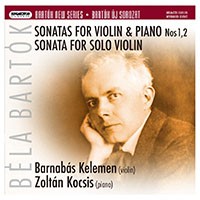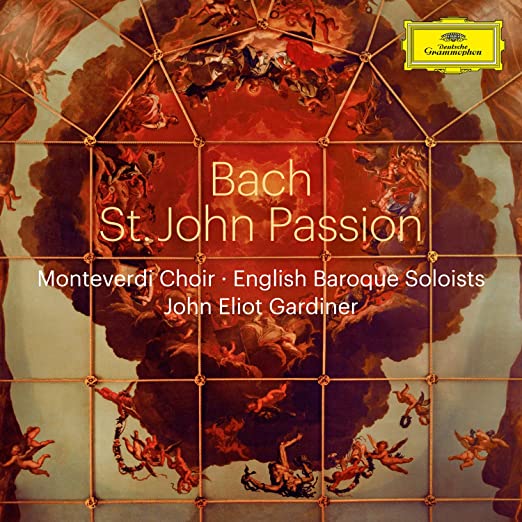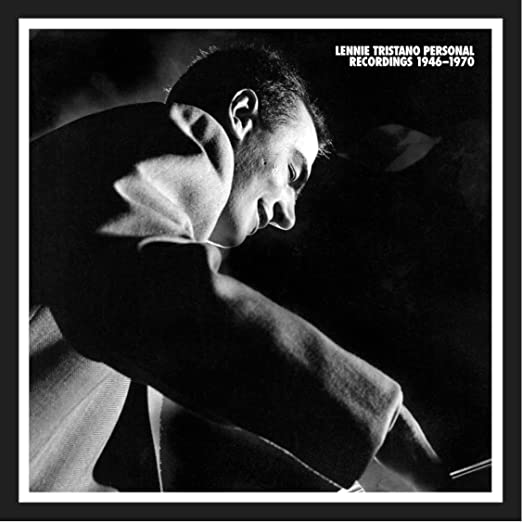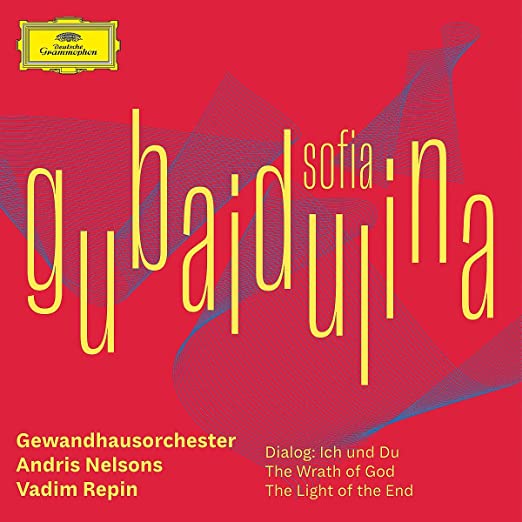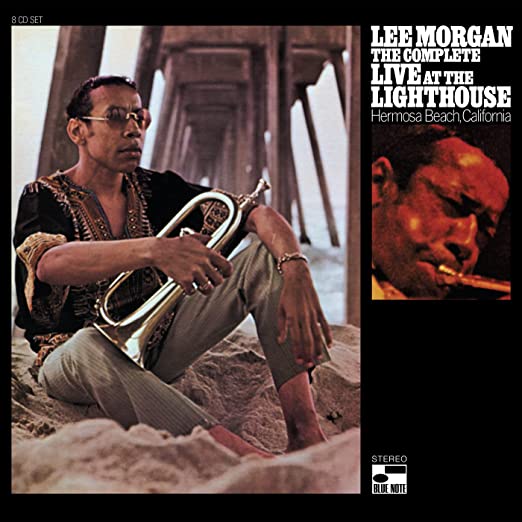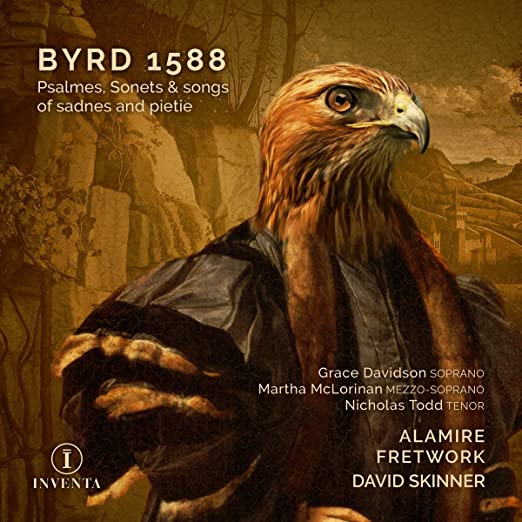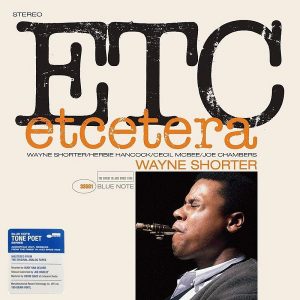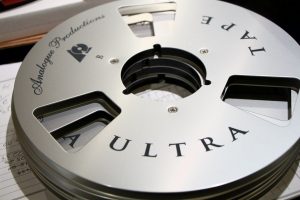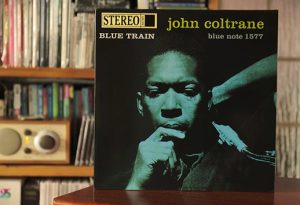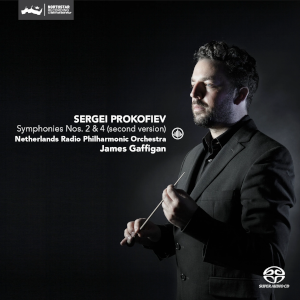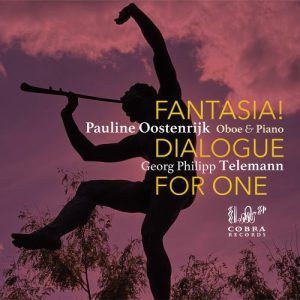Bartok. Sonatas for Violin Nos. 1 and 2; Sonata for Solo Violin. Barnabás Kelemen, violin; Zoltán Kocsis, piano. Hungaroton HSACD 32515. SACD.
How do you like your Bartok? Do you like Bartok? It took me several years to persuade a good fellow graduate student (who knew a lot about music) to believe me when I told him Bartok was inhabitable. Then he never looked back. Arguably, Bartok is the first major modernist who forced us to accept that you couldn't just sidle or waltz into modernism from late nineteenth century romanticism. There was a bridge to be crossed into another country.
Now most of us both accept this observation and inhabit the country of Bartok. But violinist Barnabás Kelemen and better known Bartok pianist Zoltán Kocsis aim to make it clear that the composer is still who and what he always was—Ivan Fischer and his ilk, who aim to make the Hungarian/folk music connection more than it is, notwithstanding. Bartok drew his inspiration from the folk music of his native culture but the music he wrote soars far beyond its roots, becoming a radically different kind of thing. It is exhilaratingly, sometimes searingly a new musical thing. And you won't appreciate this until and unless you hear it from musicians like this.
Bartok's two Sonatas for Violin and Piano and his Sonata for Solo Violin are among his most inspired works; but again, you need to hear Kelemen and Kocsis play them to feel this. In their hands, this music has a fierce beauty. On my albeit reference quality music systems, Kelemen's violin can be exquisitely, even liquidly, beautiful when Bartok asks for this; and then it can go on eloquent attack. Pure modernist Bartok isn't raw and acerbic, but it is robust.
I don't know Kelemen. Kocsis is judged by many to be definitive in the composer's solo piano music, on Philips LP's and CD's in my house. I will now have to search out more Kelemen.
This is the most exciting recording I've heard so far this year.
Robert Erickson. Complete String Quartets. Del Sol Quartet. New World Records 80753 (2
CDS)
Modern American (Michigan) Robert Erickson's (1917-1997) string quartets break into two distinct pairs. Nos. 1 and 2 composed in the 1950's are fairly generic modernist works, full of early neoclassical European modernist influence.
Quartet No. 1 opens with lots of dancelike counterpoint, then moves into more discursive material, concluding in a third movement with a mix of the two styles but with increased energy. The overall emphasis is on clarity of texture and the contrast of instrumental voices. To be generically modernist is no sin but on its own Erickson's first quartet wouldn't draw us to him.
Quartet No. 2 in one movement is a continuous dramatic narrative based on the contrast of the two violins and viola and cello. There are some plaintive, lyric moments and passages presaging what will come a generation later from the composer but not enough of them to give this music sustaining emotional interest. It all feels like second hand Schoenberg.
Quartets Nos. 3 and 4 are something altogether different—distinctly American in their modernism. Much freer, sometimes almost expansive, lyrical, meditative, and most important, engaging. There are the expected hints of Copland here and there as Erickson accepts his true musical and cultural heritage; but with rhythm playing a smaller role than for Copland, a respectful distance is maintained. This music presents us with the raison d'etre for the album. Quartets Nos. 1 and 2 now become ‘the education of the composer,' Nos. 3 and 4 his flowering and maturity. The latter music is certainly of sufficient interest to justify the album as a whole.
Equipment used for this audition: Resolution Audio Cantata digital music enter (with Black Jack AC cable), Blue Circle BC107 preamplifier and NSP amplifier; Crimson 710 preamplifier and 640 amplifier; Jean Marie Reynaud Offrande Supreme, V2 and Tocaro 42 loudspeakers; Crimson cabling and Volex power cords.
Bob Neill is a former equipment reviewer for Enjoy the Music and Positive Feedback. Since 2004 he has been proprietor of Amherst Audio in western Massachusetts, which sells equipment from Audio Note (UK), Blue Circle (Canada), Crimson (UK), Jean Marie Reynaud (France), Resolution Audio (US), and Tocaro (Germany).




